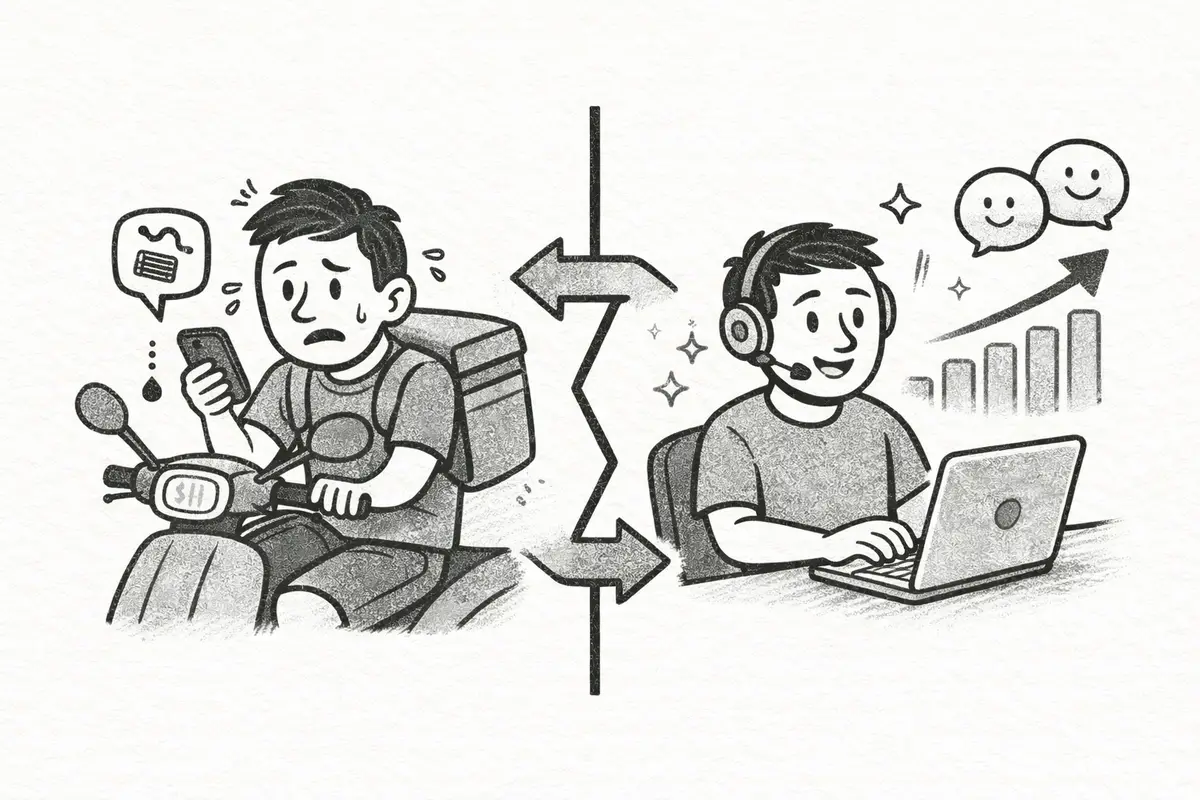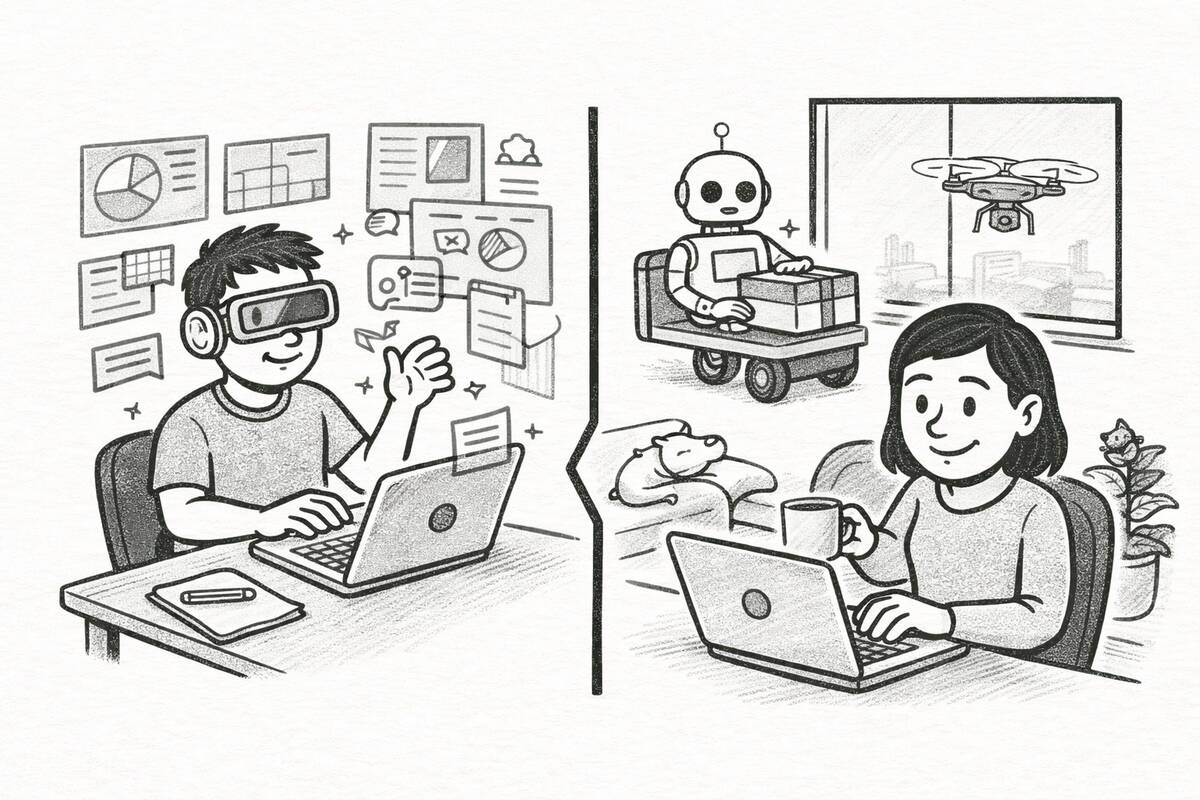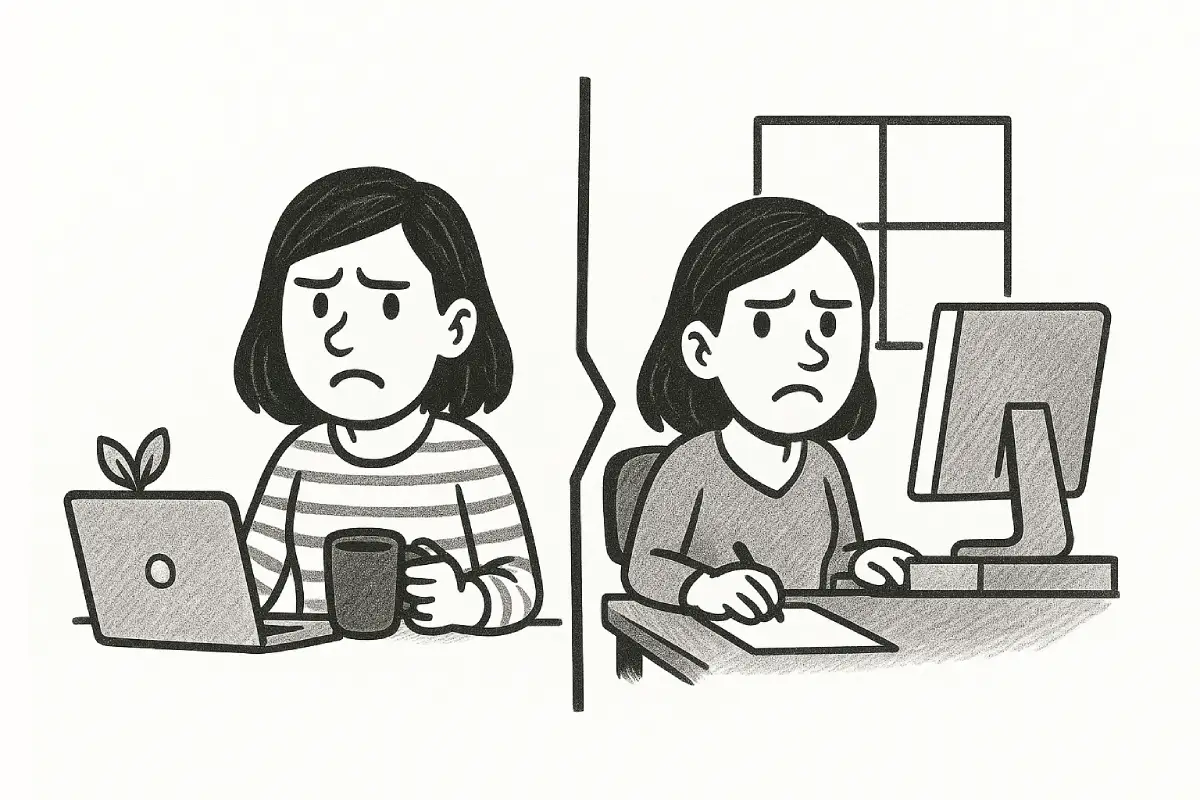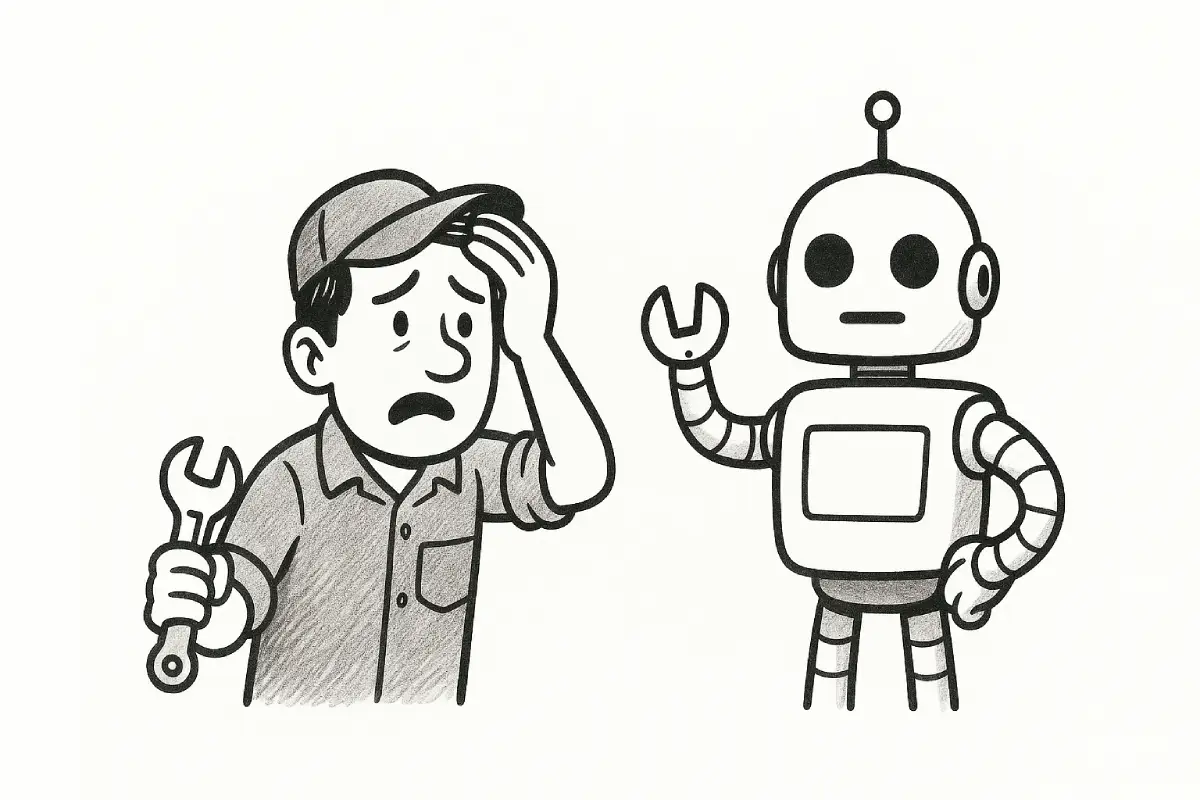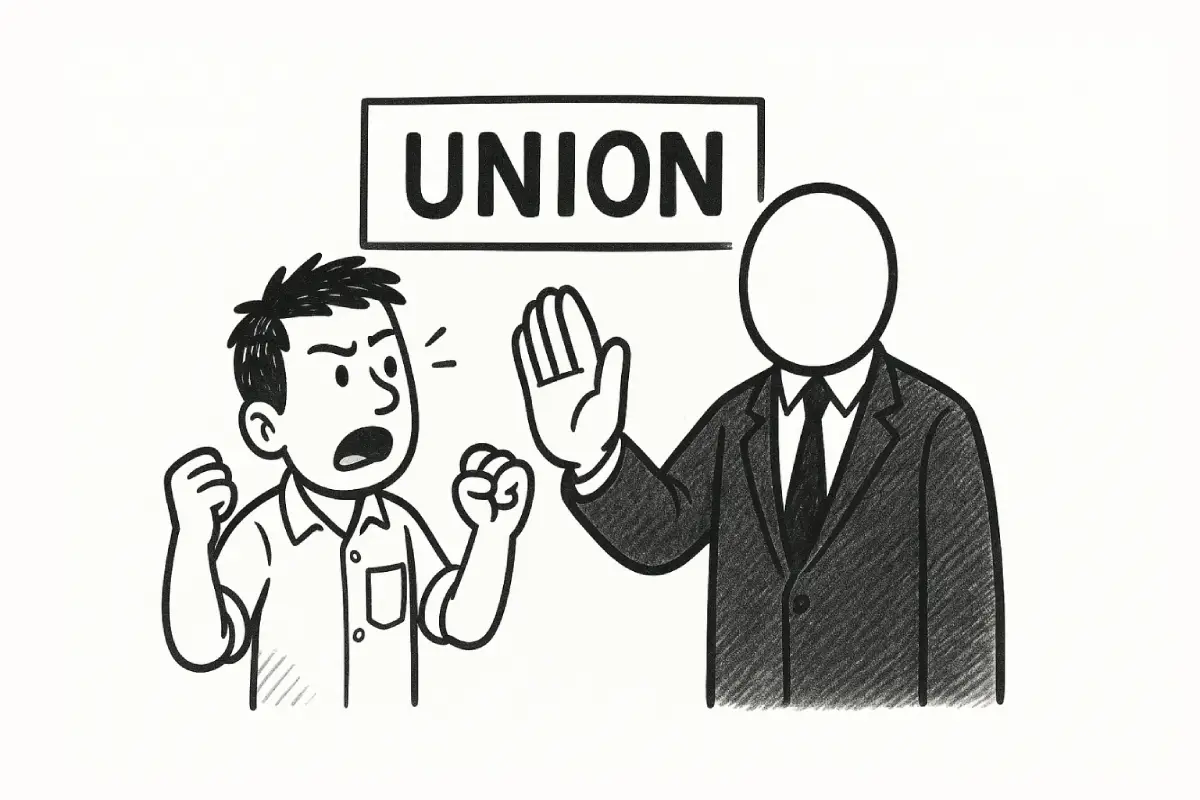For many people, work is an integral part of their lives. It can provide a sense of purpose, financial stability, and opportunities for personal and professional growth. However, if you find yourself waking up each day with a feeling of dread and counting down the hours until you can leave, it may be a sign that you hate your job.
Feeling unfulfilled, unsatisfied, or even miserable at work can take a toll on your mental and physical health, as well as your relationships and overall well-being. But what can you do if you hate your job?
In this article, we’ll explore five tactics to help you navigate this situation and determine the best course of action, as well as offer some insights on whether quitting your job without another lined up is a wise move.
What to do if I hate my job
It’s not uncommon to feel unhappy or dissatisfied with your job, whether it’s due to a toxic work environment, unfulfilling tasks, or a misalignment with your values and goals. However, the decision to leave a job is not always easy, as financial stability and the fear of the unknown can weigh heavily on your mind. Fortunately, there are steps you can take to alleviate your misery at work and determine the best course of action.
5 steps to take if you hate your job
Evaluate your situation
Before taking any action, it’s important to evaluate your situation and identify the root cause of your dissatisfaction. Is it your specific role or the company culture that’s bothering you? Are you experiencing burnout or feeling unchallenged? Be honest with yourself and try to pinpoint the specific areas that need improvement.
Communicate with your manager
If your dissatisfaction stems from specific work-related issues, such as a lack of feedback or unclear expectations, it’s worth having a conversation with your manager. Be clear about what you need to be happier in your role and work together to find solutions.
Explore new opportunities within your company
If you like your company but dislike your role, it may be worth exploring other opportunities within the organization. Talk to your manager or HR representative about other positions that align with your skills and interests.
Consider upskilling
If you feel unfulfilled or unchallenged in your current role, it may be because you’ve hit a ceiling in terms of your skills and abilities. Consider taking courses or attending training sessions to improve your knowledge and expand your skill set.
Start job hunting
If you’ve exhausted all other options and still feel unhappy, it may be time to start looking for a new job. Create a solid resume and cover letter, update your LinkedIn profile, and start networking with people in your industry. Be patient and don’t settle for a job that doesn’t align with your values and goals.
Should you quit your job if you don’t have another lined up?
It’s a question many unhappy employees ask themselves: should I quit my job even if I don’t have another lined up? The answer depends on your financial situation and risk tolerance.
If you have enough savings to support yourself for several months and feel confident in your ability to find a new job, quitting without another lined up may be a viable option. However, if you have significant financial obligations or are risk-averse, it may be best to stick it out until you secure another job.
Here are five questions to consider before you quit without a job lined up.
- What is your financial situation like? Quitting your job without having another one lined up means you won’t have a steady income, at least for a while. Before you make the decision to quit, evaluate your financial situation. Do you have enough savings to cover your expenses for several months? Are you in a position to take on some freelance work or side hustles to supplement your income?
- How’s the job market in your field? Do some research on the job market in your field to get a sense of the demand for your skills and the availability of opportunities. If the job market is favorable, it may make sense to quit your job without another lined up. However, if the job market is competitive or limited, it may be best to hold onto your current job until you secure another opportunity.
- What is your risk tolerance? Quitting your job without having another lined up is a risk, and you need to consider your own tolerance for risk. Some people thrive in uncertain situations, while others find them stressful and anxiety-provoking. Be honest with yourself about your risk tolerance before making any decisions.
- How will quitting impact your career trajectory? Consider how quitting your job without another lined up will impact your career trajectory. Will it create a gap in your resume that may be hard to explain to future employers? Will it make it harder for you to advance in your field or reach your long-term career goals? If quitting will significantly impact your career trajectory, you may want to think twice before taking the leap.
- Are there other options to improve your situation? Before you quit your job without another lined up, consider if there are other options available to improve your situation. Can you talk to your manager about your concerns and try to work out a solution? Are there opportunities to take on different responsibilities or projects within your current company that may be more fulfilling? Exhaust all other options before making the decision to quit.
In the meantime, there are steps you can take to make your current job more bearable, such as finding a creative outlet outside of work, seeking support from friends and family, or prioritizing self-care activities like exercise and meditation.
In conclusion, hating your job can be a miserable experience, but it’s not a hopeless situation. By evaluating your situation, communicating with your manager, exploring new opportunities, upskilling, and starting job hunting, you can take steps towards a happier and more fulfilling career. If quitting your job without another lined up is something you’re considering, make sure to weigh the risks and take steps to support yourself in the interim.
You might also like: What Hybrid Work Will Look Like in 2030


